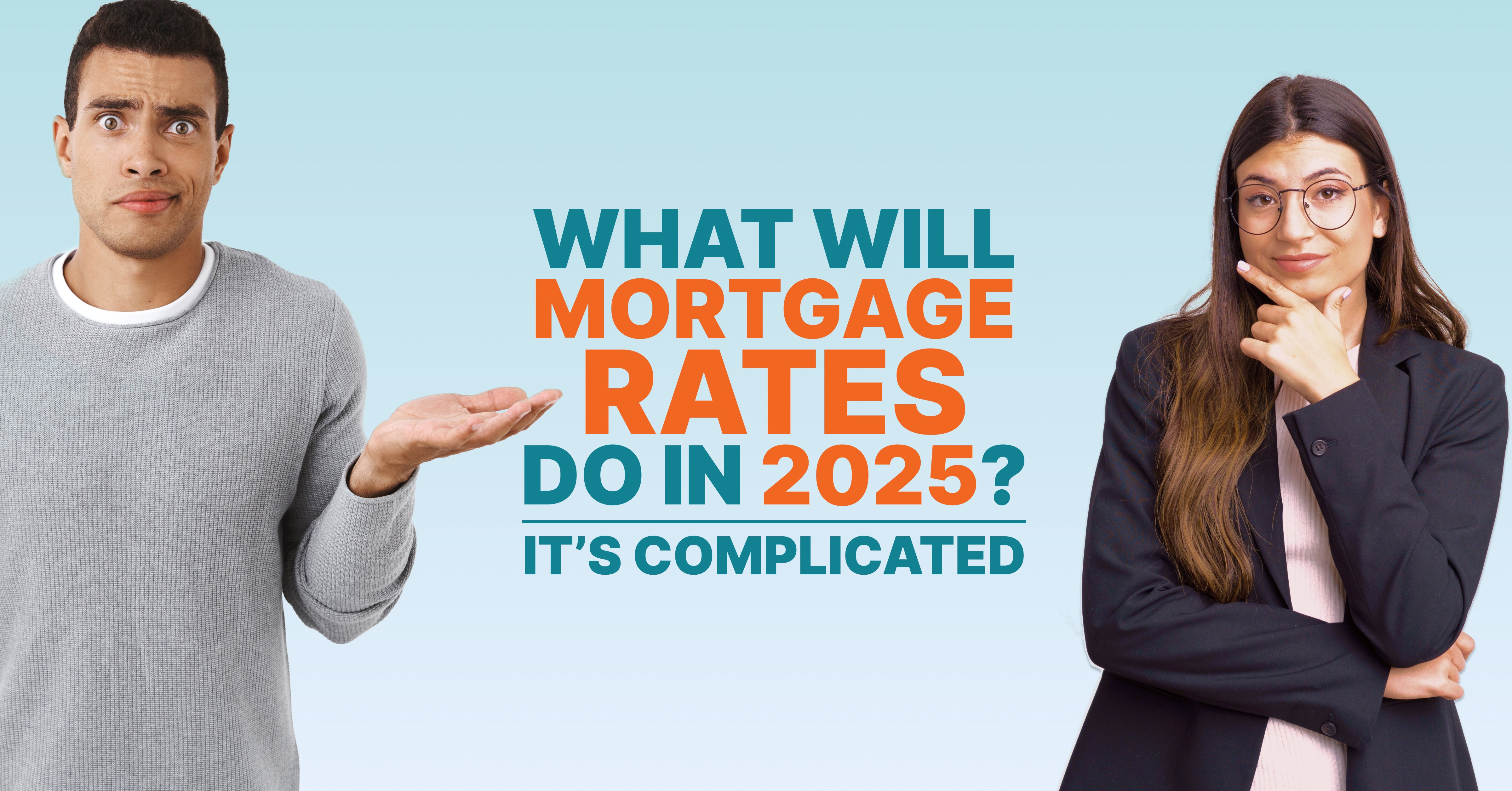Since the outbreak of COVID-19 in early 2020, the global economy has ground to a halt. This sudden and dramatic shift has raised several questions in the real estate industry:
- Will this lead to a recession?
- Has the recession already started?
- What does this mean for the real estate industry?
- Will a 2020 recession be similar to the 2008 recession?
Although the global uncertainty leaves some room for speculation, we can look at the facts currently available and arrive at reasonable conclusions about the state of the economy and what it means for the real estate market in 2020.
Evidence That the 2020 Recession Has Already Started
Even back in 2019, economists were predicting a recession for late 2020 or early 2021. We’ve all enjoyed a decade of economic growth since the 2008 Recession, and the cyclical nature of the economy means the next recession is always on the horizon.
While economists are hesitant to declare that the recession has begun without seeing a timeline trend, there is strong evidence to support the conclusion that the 2020 Recession has already started. First, the business closures due to COVID-19 have brought the economy to its knees. With an unemployment rate near 15% (as of May 2020), people are hesitant to spend more money than necessary, keeping currency from circulating in the economy.
Then there’s the volatility on Wall Street. The stock market initially plummeted, reflecting global economic alarm, and has been erratically rising and falling with each new development of the COVID-19 era. This level of volatility can be seen as an indication of a recession.
And finally, there’s the Bloomberg Recession Model, which currently sits at a 100% chance of entering a recession this year. With some medical experts predicting a second wave of the virus in the fall of 2020, we may be living under uncertain conditions for the foreseeable future.
What This Means for the Real Estate Industry
While all indications point to the conclusion that the 2020 Recession has already begun, the real estate industry has reasons to be optimistic.
There will naturally be an impact on the housing market due to COVID-19 distancing restrictions and buyer uncertainty. In fact, the 2020 Housing Forecast, updated by Realtor.com® in May 2020, shows prices flattening and a 15% decrease in home sales compared to 2019. The good news is that economists don’t believe the 2020 Recession will hit the real estate industry as hard as the 2008 Recession. Remember, the 2008 Recession originated in the housing industry with subprime loans and owners over-leveraging their properties. With the 2020 Recession originating completely outside the industry, housing will not be as severely impacted this time around.
Having said that, a recession can also create opportunities for real estate investors. Recessions typically lead to buyer’s markets, in which buyers hold more negotiating power. Recessions also see an increase in distressed properties (properties that need to sell quickly because of circumstances such as bankruptcy, divorce or risk of foreclosure), which can often be purchased below market value. Distressed properties may not always be easy to identify or analyze, so it pays to invest in software solutions such as PropStream, which offers a distressed property finder tool and real-time data to help you assess distressed properties.
While the 2020 Recession has likely already started, this isn’t necessarily a bad thing for the real estate industry or your real estate business. Keep an eye out for opportunities during the recession, and you’ll be well-positioned to come out even stronger when the market rebounds.



